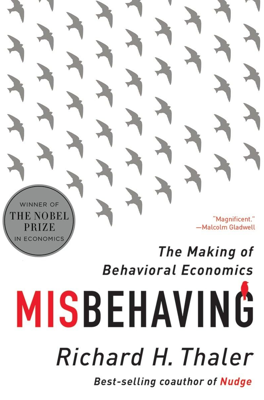Sunk Costs
Exploring the Sunk Cost Fallacy and Its Implications
The concept of sunk costs is instrumental in delineating the irrational economic behavior often exhibited by humans. Sunk costs represent funds spent which cannot be recovered, and economically, should not influence future actions since they are irretrievable. Despite this, many individuals fall prey to the sunk cost fallacy, allowing these costs to dictate their decisions, often to detrimental consequences.
Practical Examples of the Sunk Cost Fallacy:
- Vince and the Tennis Membership: Vince continued to play tennis despite suffering from tennis elbow because he didn't want his prepaid membership to go to waste. This decision to persist primarily because of the prepaid cost, despite the negative utility of continuing, highlights the sunk cost fallacy.
- Parental and Child Conflict: A similar irrational adherence to sunk costs is seen in the conflict between Joyce and her daughter over wearing pre-purchased dresses. Joyce initially insists her daughter wear dresses that she no longer wants, driven by the feeling of waste associated with not utilizing what was paid for.
This fallacy is not limited to small-scale personal decisions but can influence larger, policy-making levels, such as the prolonged involvement in the Vietnam War, which some believe was perpetuated by the desire to not 'waste' the resources already spent.
Psychological and Behavioral Implications:
The sunk cost fallacy challenges the rational model of decision-making. It highlights how humans can irrationally tie their actions to past investments, leading to further losses rather than cutting their losses and making decisions based on future benefits.
Economic and Psychological Experiments:
Various studies and experiments have elaborated how sunk costs can influence behavior:
- Health club memberships and attendance patterns: Studies show spikes in attendance following payment reminders, as members feel compelled to 'use' the facility to justify their expenditures.
- Theater ticket discounts and usage: Research demonstrated that those who paid full price for theater season tickets attended more events initially compared to those who received discounts, though this distinction faded over time.
The sunk cost fallacy is a powerful driver of human behavior, leading individuals to continue investment in a lost cause in an attempt to justify past decisions. This behavior persists despite the logical economic advice to disregard sunk costs, confirming the significant impact of psychological factors on economic decisions. Such understanding necessitates that both economic theories and policies consider these irrational behaviors to more accurately predict and influence human actions.
